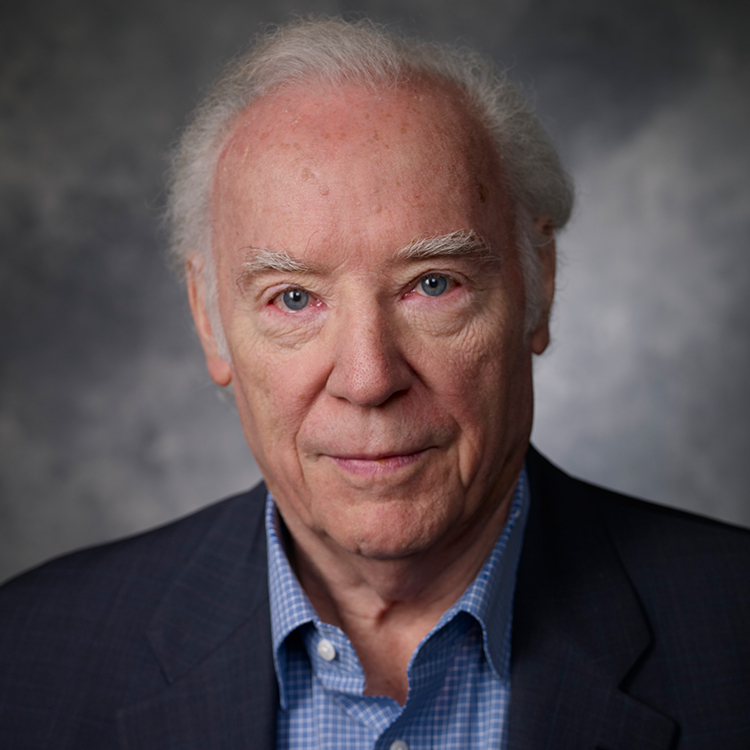The lack of communication between languages and cultures is particularly striking in our contemporary world. Thus, I want to focus my attention on the function of translation as a major tool to promote communication.
We rarely think about how translation affects all of us in large and small ways on a daily basis. All acts of communication are acts of translation, as are all acts of reading. When we read a novel, a short story, or a poem, we must translate the text into our own understanding for the work to come to life.
Given that many of us are monolingual, or bilingual at best, the only way we have access to the literatures and cultures of other countries is via translation into our native language.
Through the work of the translator, literary translation is essential to the exchange of ideas, artistic expressions, and general communication between world cultures. Life without the translation is unthinkable.
When I came to UTD as one of the three charter professors in the School of Arts and Humanities in 1975, I saw my mission as making translation studies and translation workshops the foundation for the understanding of foreign literatures and cultures.
To achieve this, I founded the Center for Translation Studies in 1980, one of the first centers established after the opening of UTD and which is now widely recognized for its promotion of literary and humanistic translation.
The center highlights the visibility of the translator; promotes the art and craft of literary translation; underlines the global, multicultural perspective of humanistic studies; and responds to the school’s interdisciplinary mission.
The Center for Translation Studies regularly invites writers and translators to campus for lectures and readings that are free and open to the public.
Frequently, the invited writers and translators meet with students informally and more formally in workshops or classroom settings. Given the opportunity, I suggest that every undergraduate and graduate student would benefit from taking at least one translation workshop.

To promote the practice and theory of translation and current research in the field, I have been editing
Translation Review since 1978. The journal, which is distributed by Routledge, highlights the achievements of translators through interviews, introduces translations of contemporary international writers, reviews of recently published translations, and current scholarship in translation studies.
In 2013,
Translation Review received the prestigious Phoenix Award for Editorial Achievement from the American Council of Editors of Learned Journals.
As the center approaches its 40th anniversary, we continue to work toward expanding our national and international presence and outreach, while continuing to invest in the creative minds of our excellent UTD students.
Schulte is the Katherine R. Cecil Professor in Foreign Languages and Director of the Center for Translation Studies.
 Dr. Rainer Schulte
Dr. Rainer Schulte